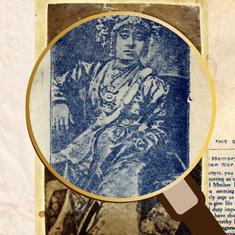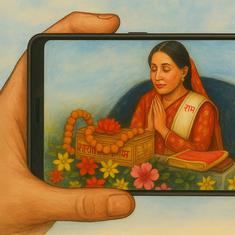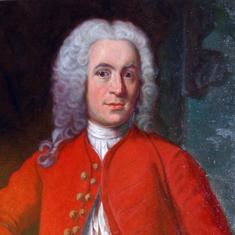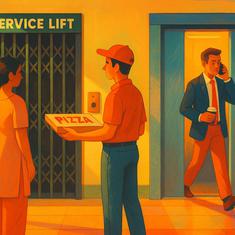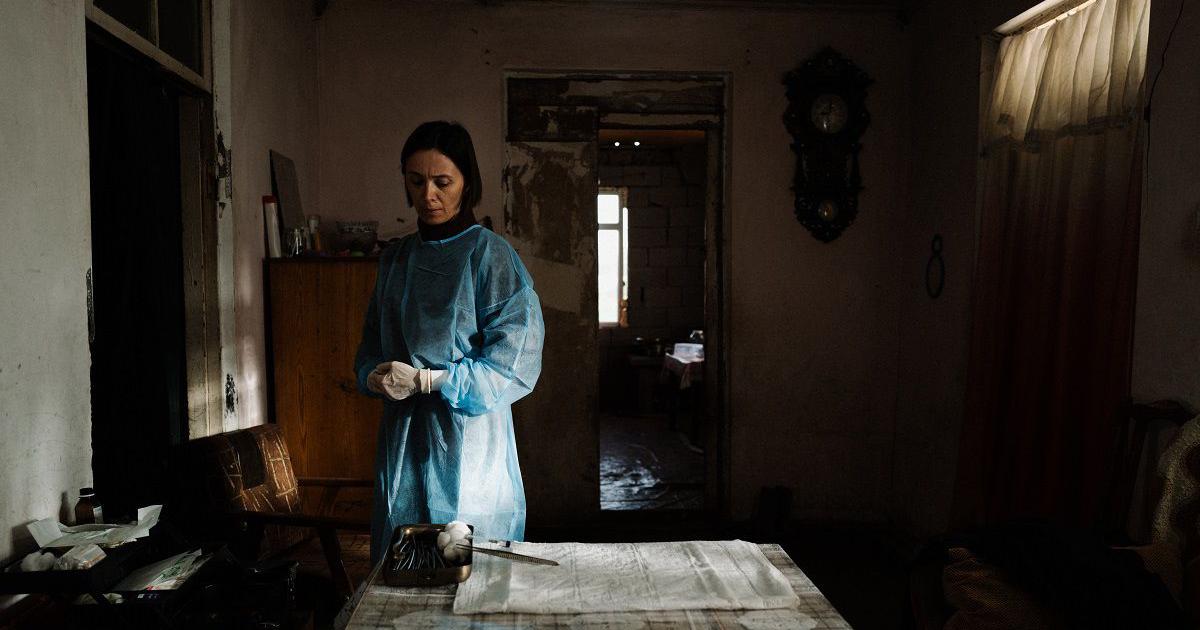Dea Kulumbegashvili is just two films old but already she has been added to the ranks of the most sensational directors in world cinema. The Georgian filmmaker’s mastery in creating intense sensorial narratives that are felt as much as they are seen is evident in her feature debut Beginning (2020) as well as her second movie April (2024).
Both films star Ia Sukhitashvili. Cinematographer Arseni Khachaturan has shot the movies on 35mm film stock, creating mesmerising visual landscapes that throb with colour, texture, light and feeling.
In Beginning, Sukhitashvili plays Yana, the wife of a Jehovah’s Witness preacher who is deeply affected when extremists torch the group’s church. Yana’s growing distance from her husband, her attitude towards their son, and her retreat into herself are portrayed through lengthy takes, several silences and startling ellipses.
April is even more ambitious and transgressive than Beginning. The film follows Nina, an obstetrician who conducts illegal abortions, and who is accused of causing the death of one of her patients. An early graphic sequence of an actual birth is the first indication of April’s bold atmospherics. Nina’s experience is interspersed with sightings of a spectral figure – a woman with a withered body and heavy breathing.
Sound is as vital to Kulumbegashvili’s rigorous formalism as the images, she told Scroll. Kulumbegashvili trained in filmmaking at the Columbia University School of the Arts. Before directing features, Kulumbegashvili made two well-received short films.
The film company MUBI is showing Beginning and April on its streaming platform. Kulumbegashvili spoke to Scroll about her writing process, her philosophy behind the long take, and her equation with Arseni Khachaturan. Here are edited excerpts from the conversation.
What is your writing process like?
It's strange. I always call my writing process very messy. It’s kind of like going in circles and detouring a lot because I hate to invent things, but I’m also very good at that sometimes.
I want to be able to grasp what is real, and what is really happening in front of me. I am very curious to see small things, invisible tragedies almost.
A very good friend once told me that unimportant things are really difficult to write about. I believe that.
It’s easy to create a three-act structure and grand narratives. There are people who do it really well, and it’s not necessary for me to be part of that group. I can maybe do something that fewer people are interested in, which looks at more intimate, smaller things.
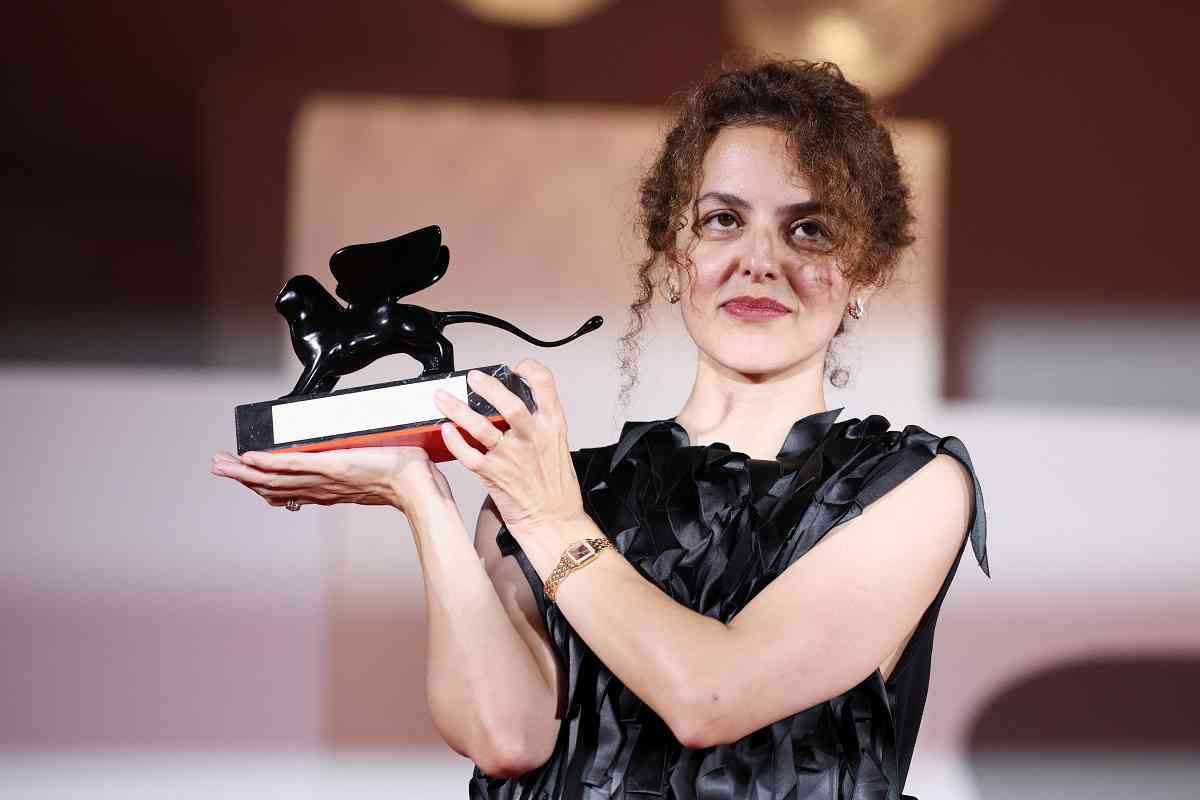
How do you communicate your ideas to your producers?
Reading the script is a different experience. There’s a lot of struggle to keep the faith that what I wrote is going to be a film. When I give the script to producers, it’s not immediately recognised as something that is happening.
When I was making Beginning, I remember that not even one film institution outside of Georgia at that point gave us financing. We received many questions from established, renowned institutions that support art – what is this script about, what’s happening in this script? Because it was believed that nothing is happening.
I was asked to change the ending because there is no hope, I told that I need to show women in the places where there is oppression.
That’s something that really bothers me. I don’t make films to put out a false idea of hope. I make films to grasp the true beauty of human nature, the tragedy.
I believe in humans and humanism. I can’t lie and look away when something is ugly or not pleasant to look at. Those things are usually in my script, and it’s usually not easy to read.
Beginning has a fantastic sequence of Ia Sukhitashvili lying on the ground for several minutes with her eyes closed. What was the starting point of that film, and of April?
In Beginning, the first image I wrote was the final scene, when she sits at the table with her back to her husband, when she says I killed him [her son]. People asked me, doesn’t she love him? Yes, she does, and that’s the problem. Because if you don’t love somebody, you just get up and leave, right? But this is more tragic for me.
It’s not that easy to just get out. It’s easier maybe to detach somehow. But when love is involved, it's more painful.
When I was writing April, there were these very tangible, physical experiences of Nina standing in a field. The wind hits her face and the wind is coming from flowers. I used to say, this is the sound of flowers in the wind. And everybody was like, what do you mean? It’s just wind.
I was really annoying people with that. I have so many hours of sound recorded for April. I was convinced that we needed to invent the entire method of vertically and horizontally separating the spaces and recording all of it. That’s usually part of my writing process – what we hear is part of the narrative.
What conversations do you have with Arseni Khachaturan, who has shot both your films?
Right now, we’re working on something. We are talking about a script that doesn’t exist so far. I know how I want to shoot it and Arsene knows that it’s in my head, but I’m not very coherent in this regard.
The film we are working on has a really visual process. I have been telling him that I don’t want the film to be glamorous, because this specific method [that she is pursuing] could be associated with glamorous. Can we go totally different?
It irritates me, the perfection of the image that a technical approach allows. I just can’t stand it. want to use it for seeing imperfections. He’s like, okay.
What is your dynamic with Khachaturan on the set?
Sometimes I annoy Arseni because I like to use heavy cameras. It’s important for me that the camera feels heavy. Of course, it’s not good for Arseni because he operates the camera himself.
But he understands why am I so convinced that I need to feel the breathing, the heavy movement. Arseni is very intuitive. He’s a very sensitive person. For him, it’s very important to be in sync with the actors because he needs to feel what’s actually happening in front of the camera.
We’re always together on the set. We always stand together. It’s never that I’m at the monitor and he’s at the camera. It’s important for me to whisper, somehow. I don’t like to shout and scream on the set. It’s a very intimate process.
We need to see the film that’s appearing in front of us. It’s not just something we’re creating. We need to see how it creates itself.
What is your philosophy behind the long take?
I never thought that I was making long takes. I’m able to do 11-minute takes because the film stock magazines are of this length. So I can’t do it any longer – I would have if I could. Also, I cannot shoot on digital.
It’s important to accumulate cinema. It’s an accumulative process. Sometimes I need more time for this to happen.
